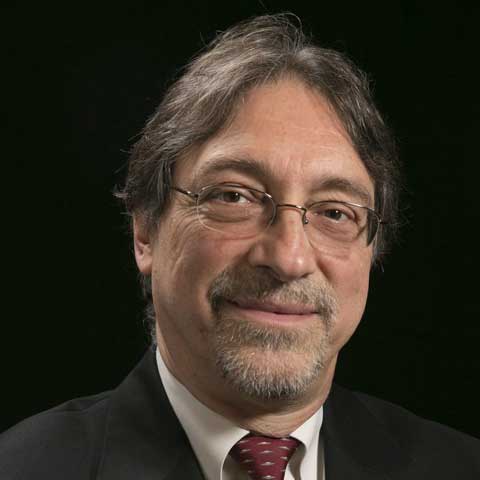Using robotic exoskeletons to restore function in persons with multiple sclerosis

and Training at Kessler Foundation, is well
known for his expertise in cognitive research
and experience in mentoring postdoctoral
fellows.
Drs. DeLuca and Sandroff at Kessler Foundation provide expert commentary on the pros and cons of robotic exoskeletons for MS rehabilitation
East Hanover, NJ. October 4, 2022. John DeLuca, PhD, and Brian M. Sandroff, PhD, of Kessler Foundation provided expert commentary on a current controversy in the management of persons with multiple sclerosis (MS). Their article, titled, “Exoskeletons in MS rehabilitation are ready for widespread use in clinical practice: Commentary,” was published in Multiple Sclerosis Journal on July 6, 2022, doi: 10.1177/13524585221102923. Their commentary assessed the opposing opinions of experts in Italy (Calabrò) and Belgium (Swinnen et al), supporting ‘yes’ and ‘no’, respectively, published in the same journal.
Robotic exoskeletons are being more widely used during clinical rehabilitation, which is considered the optimal pathway to restoring function in individuals with MS. But experts are debating whether current evidence supports their widespread use in this population.
“While we recognize the promise of wearable, powered exoskeletons, broad implementation must be based on appropriately powered clinical studies,” said lead author John DeLuca, PhD, senior vice president for Research and Training at Kessler Foundation, echoing a point made by the authors of both opposing opinions.
On the positive side, Calabrò cited a growing number of studies support the capability of robotic exoskeletons to provide intensive high-quality rehabilitation with the potential for functional improvements in upper as well as lower extremities. “However, we agree that wide acceptance of this type of intervention depends on clinical studies aimed at determining optimal selection criteria, and the timing, dosing, and long-term outcomes of this type of intervention,” added Dr. DeLuca.
In their ‘no’ opinion, Swinnen et al cited the need for improvements in the comfort, weight, and ease of use of robotic exoskeletons. “But given the ongoing improvements in these devices and the recent positive regulatory and research activity, these are not insurmountable barriers to the clinical application of these devices in MS,” noted Dr. Sandroff, senior research scientist in the Center for Neuropsychology and Neuroscience Research at Kessler Foundation. “Similarly, while there are real issues relating to costs and availability of these devices, required training of therapists, and insurance coverage, these may resolve as the body of literature grows.”
Rehabilitation using robotic exoskeletons may confer benefits beyond improvement in motor function, which has been observed in the population with spinal cord injury. “We cannot overlook the potential for improvements in cardiovascular health, bowel and bladder function, and psychological outcomes,” Dr. Sandroff concluded. “These are important considerations for the future expansion of powered exoskeletons in MS rehabilitation.”
Funding: n/a
Learn more about ongoing MS studies at Kessler Foundation at https://kesslerfoundation.org/MSresearchstudies
For further information, email [email protected]
About Kessler Foundation
Kessler Foundation, a major nonprofit organization in the field of disability, is a global leader in rehabilitation research that seeks to improve cognition, mobility, and long-term outcomes, including employment, for people with neurological disabilities caused by diseases and injuries of the brain and spinal cord. Kessler Foundation leads the nation in funding innovative programs that expand opportunities for employment for people with disabilities.